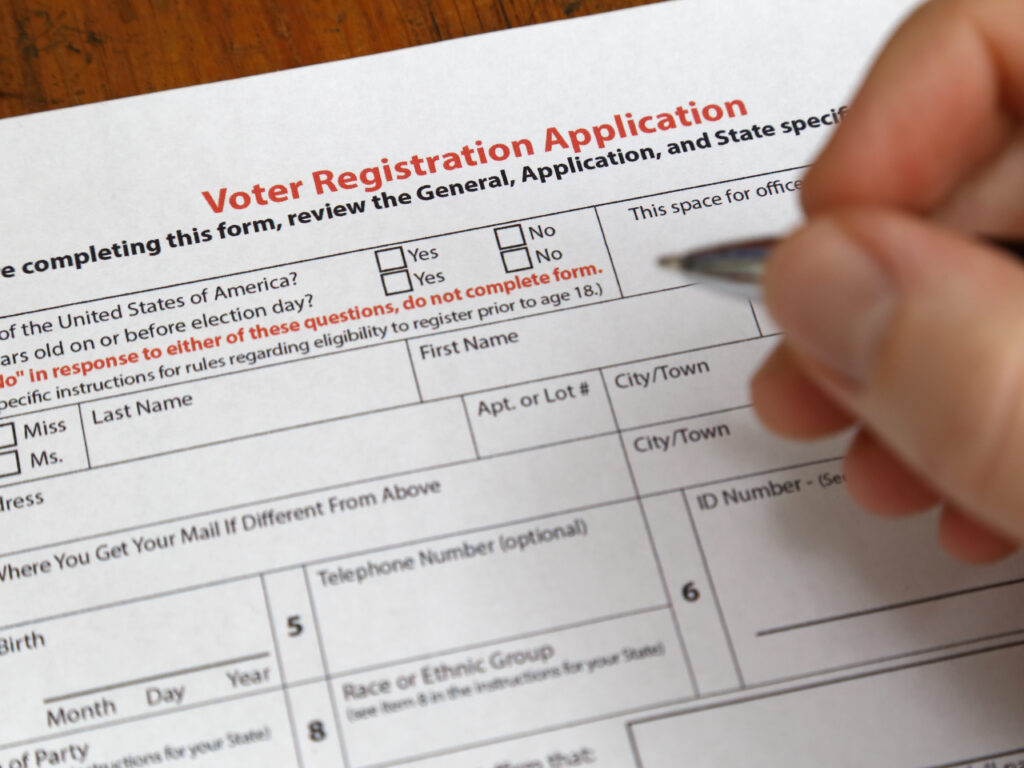Arizona
Report: ‘Voter purges’ could wrongfully target Arizona voters

Arizona is in litigation over a 2022 law that could allow for what some are calling “draconian purge practices” that lead to more Arizona voters being disenfranchised.
According to Demos, a think-tank that works on racial-justice issues, “purging” or removing records of people who’ve died or moved away is a necessary part of maintaining state voter-registration rolls. However, the group’s new report called out what it saw as “flawed” voter-purge practices.
Angela Hanks, chief of programs at Demos, said it’s concerned that, of the roughly 19 million removals between the 2020 and 2022 elections across the country, about a quarter of those were for inactivity, “which means failure to respond to a confirmation notice, or not voting in at least two consecutive federal general elections. And so, these types of practices are flawed, and they tend to lead to people, who are eligible to vote, not being able to access voting when an election rolls around.”
In 2022, former Republican Arizona Gov. Doug Ducey enacted a law to tighten U.S. citizenship requirements at the polls. He argued it addressed “a growing number of new registrants” who were voting without providing evidence of citizenship. The law, which critics argue jeopardizes voter registration for thousands of Arizonans, prompted the current lawsuit.
Hanks said the Demos report looked at four categories for each of the states examined. The two principal indicators examined removal practices and how likely they were to result in “erroneous removal of eligible voters,” as well as the safeguards in place to prevent those removals. Hanks said Arizona scored only 20% on those safeguards, in part because the state does not offer same-day registration during early voting or on Election Day.
“The best safeguard is being able to show up on Election Day,” she said. “If you find out at that point that you are unable to cast your ballot, being able to register on the spot, be able to cast a ballot that’s not a provisional ballot – to actually participate in the election without having to take any further action against that.”
Hanks said it is up to states to take action, but also the federal government. The Freedom to Vote Act was reintroduced in Congress in July, which she said could improve voting policies across the board.
